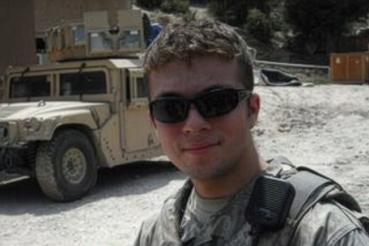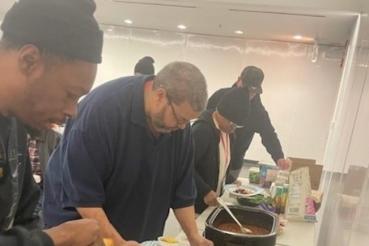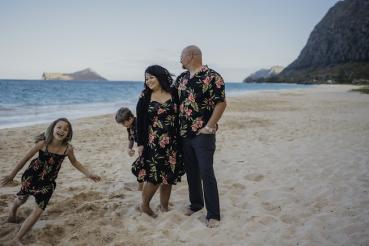By Bryant Adibe, MD
All around the world, something special is happening. From balconies in Siena, Italy, to grocery stores in London; down boulevards in Paris and from rooftops in Madrid — the world has gathered to bang pots, wave flags, flash lights, and clap in support of the men and women who risk their lives caring for others in the midst of a global pandemic.
For some, these outward signs of support are therapeutic in and of themselves — after long days in isolation at home — they create a feeling of community and connection to a cause much larger than themselves. For health care workers, these signs of support do more than just lift spirits, they unite us to a broader mission and a sense of meaning and purpose.
As chief wellness officer of Rush University Medical Center in Chicago — where close to 25% of all ventilated COVID-19 patients in the state of Illinois are currently being treated — I see the impact of this pandemic on our staff on a daily basis. Some are concerned for their own health, others express fears of exposing their families, and still more are anxious – like many of us — about what the future holds in store during this unpredictable time.
'Be aspirational'
These concerns, in most cases, have been fueled by weeks of consistent messaging about critical shortages, rising death tolls and despair. This has left communities paralyzed by fear and health care workers demoralized and discouraged. It’s time for a counternarrative; it’s time for hope.
In some circles, hope and optimism are still seen as “soft” and unnecessary — a fleeting wish reserved for the carefree and maybe even the careless. But the science disagrees; in large-scale meta-analysis, optimism has been associated with a lower risk of cardiovascular events and hope with a reduction in the long-term effects of chronic diseases. Both of these are particularly relevant to those most at risk during this pandemic.
At a time when fear and sorrow has brought the modern world together unlike ever before, hope can too. We need to draw on the optimism that has defined our character as Americans for generations and allow it to come together to support a broader global community. We need to draw on that dogged determination, that stubbornness born of the single-minded belief that we are all in this together — and together, we can see this through.
Yes, we need to be informed of the facts and keep a sober eye focused on the truth, but we also need to be aspirational in our reach; setting the expectation and confidence that we can and will overcome this ordeal. And that on the back end, we will be stronger and more resilient because of it.
Demonstrate grace
Now more than ever, we need to rely on those unique human qualities that are even more contagious than the virus itself: kindness, patience, and compassion. We need to demonstrate grace with one another, even though it is much easier to be fueled by fear, anger and doubt.
This is the message that we deliver every day as my team and I conduct wellness rounds on our staff working on the front lines. From the emergency department to the intensive care units, we see the impact of this message and its ability to create a growing sense of optimism and hope.
During this time, let’s go out of our way to support the health care heroes who have answered the call of a world in need. Take a moment to send a thank you note to your local hospital, express gratitude to that neighbor who works in health care, and applaud from your balconies and homes — every sign of support goes a long way.
For the health care workers around the globe who may grow weary from the grim reports that come out day after day, let us offer a resounding message of support and faith: we stand with you, we support you, and we thank you for all that you do.
Bryant Adibe, MD, is system vice president and chief wellness officer for the Rush University System for Health.



